The Salvation Army is actively involved in fighting hunger, homelessness and more across the country. In fact, the organization serves some 23 million people a year in the U.S.
But you may not know that The Salvation Army is also engaged in nonprofit advocacy with the federal government.
Sabrina Kiser serves as Assistant Director of Social Services and Public Policy Coordinator at The Salvation Army’s National Headquarters. She and a team of policy analysts work to engage policymakers in The Salvation Army’s fight against poverty.
Once a month, the team heads to Capitol Hill to zero in on a specific issue and educate congresspeople and staffers about the size and scope of The Salvation Army’s work, while extending its hand as a resource.
It’s a critical partnership, Sabrina shares on this episode, as this kind of advocacy forms a vital link between the daily realities of community needs and federal policymakers.
By being at the table, The Salvation Army can help to impact lives.
Show highlights include:
- Therapeutic care setting to Capitol Hill: Sabrina aims to make a bigger impact by fixing the system, rather than focusing on one individual at a time.
- Sabrina’s three roles at The Salvation Army:
-
- Assistant Director: Fill in for Social Services Secretary as needed, and participate on committees.
- Public Policy Coordinator: Perform strategic planning for advocacy efforts.
- National Coordinator: Work with four territories to properly implement Pathway of Hope initiative.
-
- What is non-profit advocacy? Activities influence decision making within a government system.
- The Salvation Army receives about $352 million in annual funding from the federal government.
- Government’s priorities and laws can directly impact Salvation Army’s ability to serve more or less people.
- Relationships and responses: Congress members and staffers love The Salvation Army but don’t know or understand the breadth and depth of services it provides.
- Why does Sabrina love The Salvation Army? Church does what it says and works for most vulnerable.
- Do Good: Make an impact via calls and visits for legislators to experience community programs in action.
Good words from Sabrina Kiser in this show:
“The issues that our clients are facing every day are typically not because of their individual efforts, but because of the system, the laws and the policies that exist.”
“We can influence what’s happening in policies, laws, legislation, regulations so we can better serve our clients.”
“We are 100 percent non-partisan, but that does not mean we are non-political.”
“Everything in your day-to-day life has some type of government influence in it.”
Additional resources:
- The Salvation Army National Headquarters
- Pathway of Hope Initiative
- Food Stamps/Supplemental Nutrition Assistance Program (SNAP)
- Housing First
- Federal Emergency Management Agency (FEMA)
- Charitable Contributions
- Visit westernusa.salvationarmy.org to join the fight for good in your community.
- Tell people who you are, what you’re passionate about and why you care. Find confidence, healing or simply the satisfaction of finding your voice, owning your story and sharing it with others. Sign up today and open your inbox to a personal workshop designed just for you.
Download this episode wherever you get your podcasts. Find show notes for this episode and more at caringmagazine.org/podcast. Connect with Sabrina Kiser via The Salvation Army National Headquarters.
[button color=”yellow” size=”normal” alignment=”none” rel=”follow” openin=”newwindow” url=”https://podcasts.apple.com/us/podcast/the-do-gooders-podcast/id1462063355″]SUBSCRIBE AND LEAVE A REVIEW[/button]







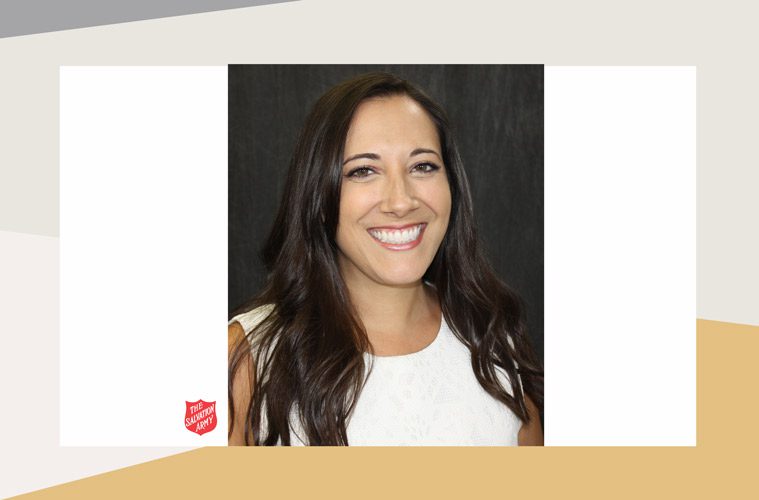
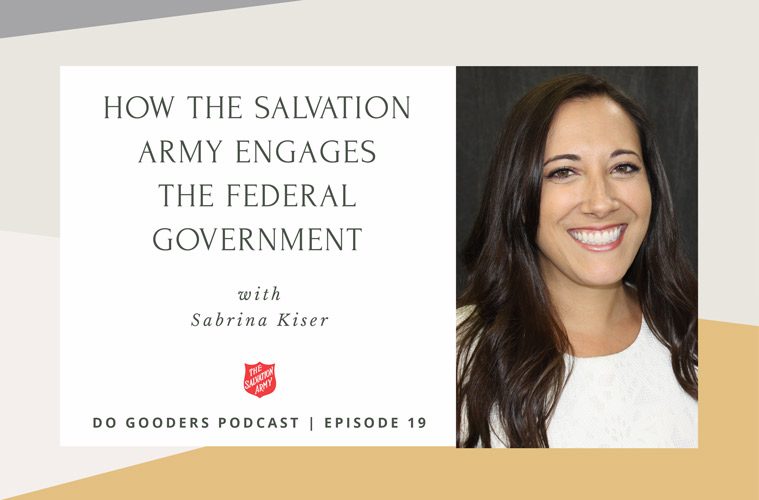
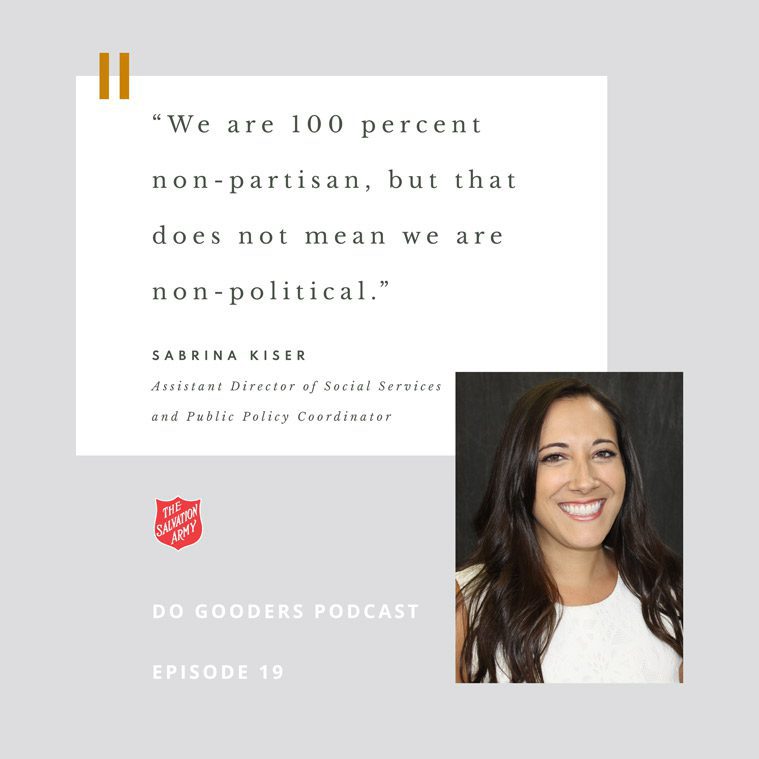

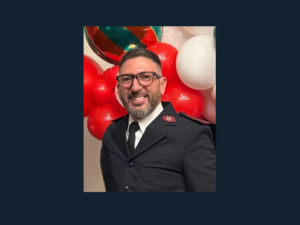
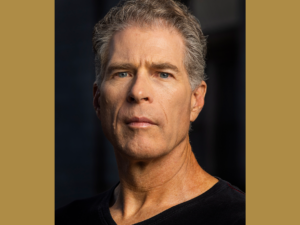

Comments are closed.